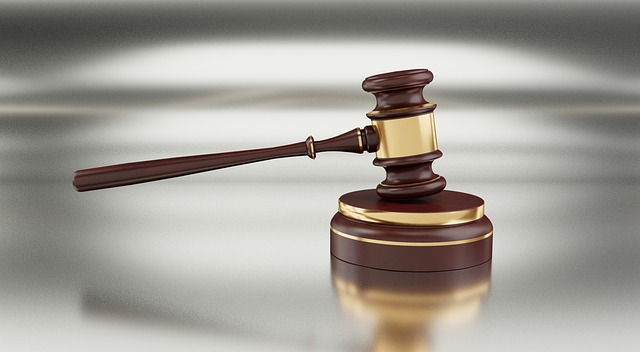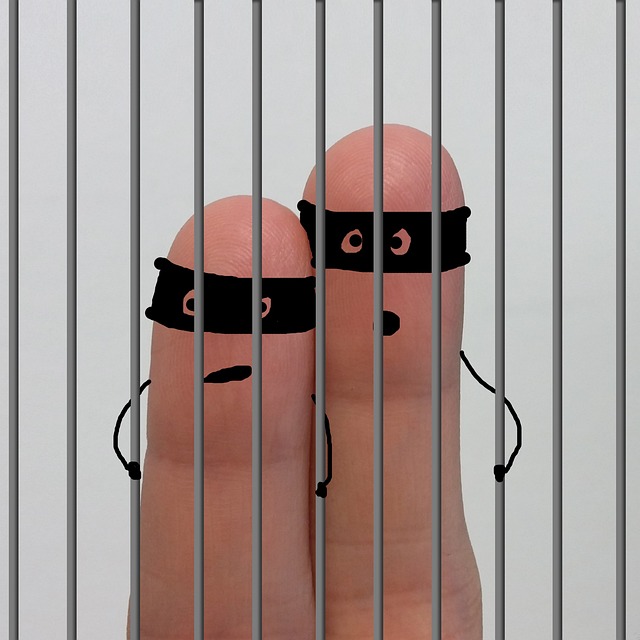Understanding your rights as a pedestrian affected by a DUI incident is vital for seeking justice and compensation. Many regions offer legal protections enabling pedestrians to claim damages for medical bills, pain, and suffering if harmed by an intoxicated driver. First-time offender programs provide crucial support with education, counseling, community service, and rehabilitation, empowering individuals to learn from their mistakes and contribute to safer communities. For first-time DUI offenders, knowing their pedestrians rights, seeking legal advocacy, and taking proactive measures can lead to reduced or dismissed charges and a safer future.
“In every jurisdiction, the encounter between a driver under the influence (DUI) and a pedestrian can have profound consequences. Understanding Pedestrians’ Rights in DUI Incidents is pivotal for ensuring justice and fairness. This article delves into the legal framework surrounding these incidents, focusing on the rights of pedestrians. We explore the effectiveness of First-Time Offender Programs and offer practical strategies for navigating second chances. By understanding your rights and utilizing available resources, you can chart a path towards rehabilitation and a brighter future.”
- Understanding Pedestrians' Rights in DUI Incidents
- The Impact of First-Time Offender Programs
- Navigating Second Chances: Strategies for Success
Understanding Pedestrians' Rights in DUI Incidents

When it comes to DUI (Drunk Driving) incidents involving pedestrians, understanding one’s rights is a vital step for those affected. In many jurisdictions, pedestrians have specific legal protections and rights during such scenarios. If you’re a pedestrian injured by a drunk driver, you may be entitled to compensation and justice. This includes the right to seek damages for medical expenses, pain, and suffering.
Pedestrians’ rights in DUI incidents are designed to ensure fairness and accountability. It’s crucial to know that you have the legal standing to file a claim or report if harmed by a driver under the influence. These rights empower individuals to take proactive measures, ensuring they receive the support and redress they deserve after such traumatic events.
The Impact of First-Time Offender Programs

First-time offender programs play a pivotal role in shaping second chances for individuals who find themselves on the wrong side of the law, especially in cases involving DUI (Driving Under the Influence). These programs recognize that one mistake doesn’t define an individual and offer a path to redemption. By providing resources and support, they empower those convicted to make amends and turn their lives around. This not only benefits the offenders but also contributes to safer communities.
In the context of DUI incidents, these programs can be life-changing for first-time offenders who are often young pedestrians rights defenders facing severe consequences. They offer opportunities for education, counseling, community service, and rehabilitation, ensuring that individuals understand the gravity of their actions and learn from their errors. This approach fosters personal growth while addressing the broader issue of public safety, creating a more balanced and restorative justice system.
Navigating Second Chances: Strategies for Success

Navigating Second Chances: Strategies for Success
For first-time offenders, a DUI incident can feel like a significant setback, but it’s also an opportunity for growth and redemption. One crucial step is understanding their rights as pedestrians in such situations. It’s essential to know that they’re not solely responsible for the consequences; legal advocacy can help mitigate charges and protect their interests. Seeking professional guidance allows them to explore options, from plea bargains to rehabilitation programs, that could potentially reduce or dismiss the DUI charges.
Additionally, fostering a support system is vital. This includes reaching out to family, friends, or support groups who can offer encouragement and accountability. Taking proactive measures, such as attending Alcoholics Anonymous (AA) meetings or enrolling in driving safety courses, demonstrates commitment to change. By combining legal defense with personal responsibility and community support, first-time offenders can navigate their second chance effectively, ensuring a safer future for themselves and others on the road.
In understanding pedestrians’ rights in DUI incidents, we’ve seen the significant impact of first-time offender programs on reducing recidivism. By implementing effective strategies for success, individuals with a single DUI conviction can navigate second chances and make informed decisions moving forward. Remember that knowledge is power; armed with an awareness of their rights and access to support systems, pedestrians can ensure justice and foster a safer community.






